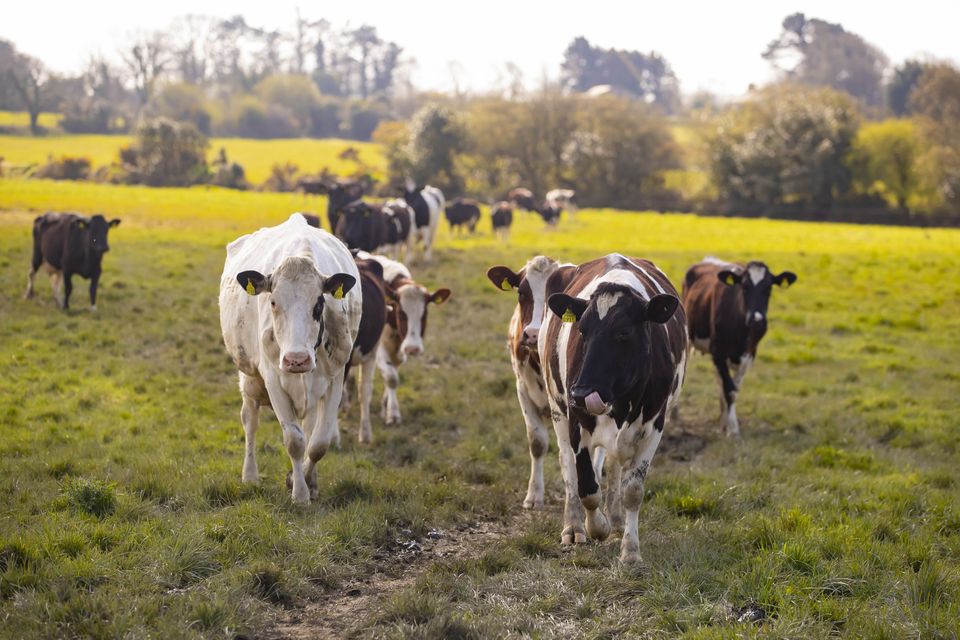
In 2016, when milk prices went to unsustainable levels, the EU Commission introduced a payment of 14c/kg of milk for every litre less a farmer produced compared to the previous year.
With the milk price at “breaking point” a repeat of the 2016 Temporary Milk Reduction Scheme is on the agenda, according to the ICMSA.
ICMSA President Pat McCormack said a repeat of the temporary Milk Supply Reduction Scheme last introduced in 2016 must now be considered and is already on the Commission’s agenda.
Several dairy farmer representative groups in the EU have already approach the EU Commission about the possibility of such a re-introduction, he said.
“Current milk prices are not sustainable and there was nothing on the ‘market horizon’ that indicated the kind of upswing required if prices were going to move upwards at a rate that restored some degree of viability to milk production.”
None of this, he explained, was to excuse the processors from their lamentable failure to work the figures and roll-out fixed price schemes that would tide their suppliers through to the market restoration that would eventually come.
But he said that ICMSA was becoming very struck by the similarity in circumstances between the current situation and those that applied in 2016 when the EU deployed a voluntary and temporary supply reduction scheme that worked successfully to ‘put a floor’ under a below-the-costs-of-production milk price and initiated a very successful market restoration and steady series of price improvements.
“Milk processors and their representative organisations are very good at preaching sustainability to farmers, but since January 2023, milk prices have fallen to levels well below the EU average and to a level where many dairy producers are now producing milk below the cost of production.
“That wipes out dairy farmers and highlights the fundamental contradiction at the heart of the ‘sustainability’ debate: if you’re not economically sustainable then every other type of ‘sustainability’ becomes irrelevant. The contradiction is stark and can’t be circumvented; if the people demanding sustainability can’t or won’t pay a sustainable price then this becomes a meaningless exercise. That’s where we were in 2016 and that’s pretty well exactly where we are now in 2023. This is the ‘Breaking Point’ for dairy farmers, and we are here again,” he said.
In 2016, when milk prices went to unsustainable levels, the EU Commission introduced a payment of 14c/kg of milk for every litre less a farmer produced compared to the previous year.
McCormack said the measure had been spectacularly successful.
“Within weeks of its introduction, milk processors in Ireland went from a scenario of talking down prices to actually increasing milk prices the immediately following month. It gave farmers the option to dry off cows early, reduce theirs costs and critically it forced the processors to pay a realistic price for milk that returned a level of margin to farmers.
“Processors need milk volumes for their processing plants and customers and the scheme compelled the processors to confront the truth that they cannot expect farmers to continue to produce that milk at a loss – it forced the processors to pay the price that guaranteed their supply of milk.”




